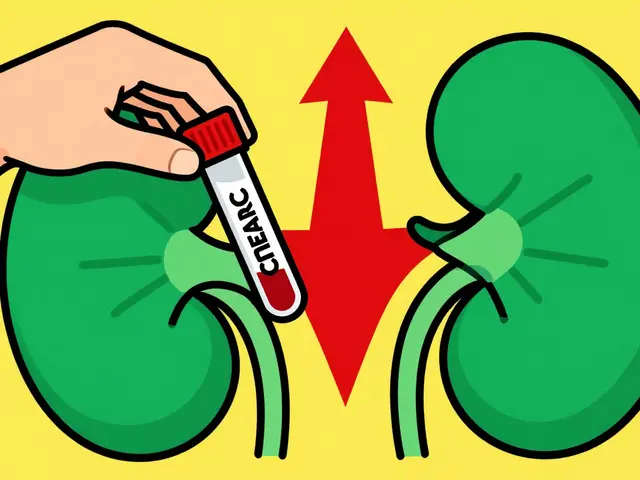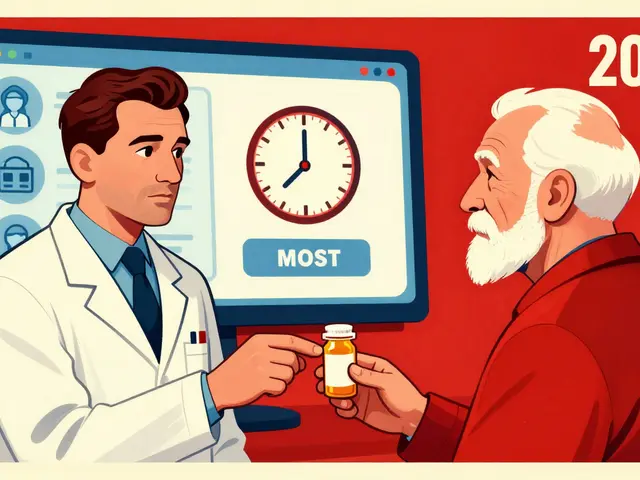Bacterial Infections: What You Need to Know
Ever wonder why a sore throat or a painful skin patch suddenly appears? Chances are you’re dealing with a bacterial infection – a tiny organism that can cause big problems if left unchecked. The good news is most infections are easy to spot and treat, especially when you know the signs early.
Common Bacterial Infections
From strep throat in kids to urinary tract infections (UTIs) in adults, bacteria love any warm, moist place they can grow. Skin boils, pneumonia, ear infections, and bacterial meningitis are also on the list. Each one has a few tell‑tale symptoms: fever, redness, swelling, pain, or discharge. If you notice sudden heat or pus coming from a wound, that’s a strong hint something’s bacterial.
One thing many people miss is that not every cough means a virus. Bacterial pneumonia often comes with chest pain and a high fever that won’t go down. Similarly, a UTI can cause burning when you pee, frequent urges, or cloudy urine. Recognizing the pattern helps you get the right care fast.
How to Treat and Prevent Them
The first step is seeing a healthcare professional for an accurate diagnosis. They’ll likely prescribe antibiotics that target the specific bug. It’s crucial to finish the whole course, even if you feel better after a few days – stopping early can let bacteria survive and become resistant.
While antibiotics do the heavy lifting, there are simple things you can do at home. Keep wounds clean with mild soap and water, use an antiseptic if needed, and cover them with a sterile bandage. Good hand‑washing habits cut down spread by up to 30 %.
Stay hydrated, eat a balanced diet rich in vitamins, and get enough sleep. A strong immune system makes it harder for bacteria to take hold. If you’re prone to recurring infections, talk to your doctor about possible underlying issues like diabetes or chronic sinus problems.
Remember, not every sore needs antibiotics. Overusing them fuels resistant strains that are tougher to treat later on. Trust the advice of a qualified professional and use meds exactly as prescribed.
In short, spotting bacterial infections early, getting proper treatment, and practicing basic hygiene go a long way toward keeping you healthy. Keep this guide handy, and you’ll feel more confident handling any infection that pops up.






